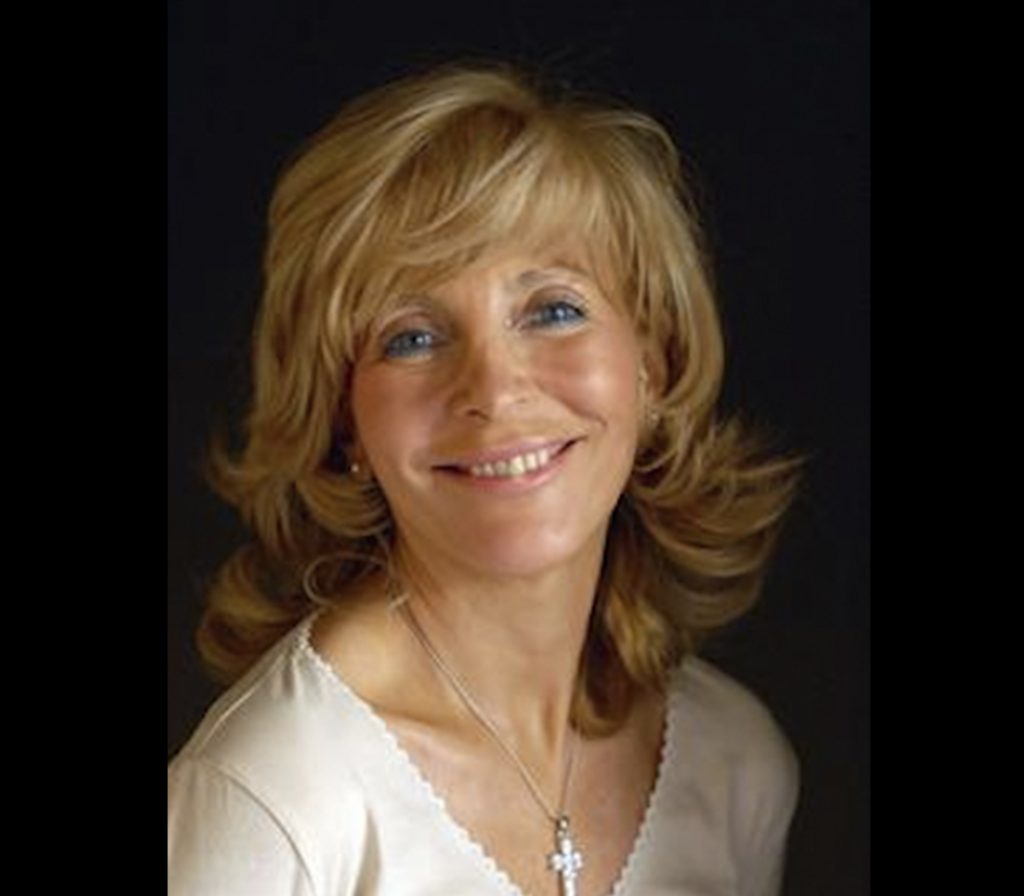María Teresa Arredondo Waldmeyer (female) was the first female Electrical Engineer at the Universidad Nacional de Tucuman, Argentina and then, the first PhD in Telecommunication Engineering at the Universidad Politécnica de Valencia, on “Automatic External Defibrillation and Mechanisms Associated to the Resuscitation” in 1988. She was also the first female to become a full professor of Telecommunication and Bioengineering in Spain (2001), and the only one for more than ten years in the country. She is one of the founders (1977) of the Argentinean Society of Biomedical Engineering (SABI), and the first SABI Secretary. Always a pioneer in the field, she is currently Full Professor at the Bioengineering and Photonics Department of the Universidad Politécnica de Madrid (UPM). She is also the Director of Latin-American Affairs at UPM and the Director of the Vodafone Chair for Healthcare and e-Inclusion since 2002.
The use of Information Communication Technology (ICT) to support health and social inclusion, through the promotion of welfare and quality of life of people is Maria Teresa’s passion. In 1995, she founded the Life Supporting Technologies, an international excellence research team dedicated to the research and development of the Ambient Intelligence Paradigm to prevent, care and promote the health of people and the support for social inclusion and independent living.
Developments such as systems for the assessment of patients with Parkinson’s disease, support for cognitive rehabilitation of stroke patients, remote management of diabetic patients, mental care and remote monitoring of heart failure, are examples of her main scientific contributions in the field. She has also been an initiator of the first research projects introducing the novel concepts of smart textiles and wearable sensors for the monitoring of health conditions (2004). Her pioneering work in the area of Ambient Assisted Living contributes to the development of the first reference platform and specification standards in this area. In recognition of her leadership in mobile healthcare, Maria Teresa was awarded the Honorary Award of the IEEE Mobihealth 2014.
Thanks to Maria Teresa’s research activities, today the Madrid Smart House Living Lab is a reality. What started being a usability laboratory for domotics and telemedicine, is now a Living Lab that integrates the latest technological advances devoted to improve the wellbeing and quality of life of people. Maria Teresa is an advisor and resource to many companies and healthcare institutions, especially in the area of e-health. In spite of the numerous demands on her time, she continues to conduct courses, summer schools, and participates in conferences and women-in-engineering events. She has been a motivating mentor and supporter of more than 500 younger scientists, especially women, throughout her career. She has published more than 200 papers, books and has served or serves on numerous committees and editorial boards.200 papers, books and has served or serves on numerous committees and editorial boards.

